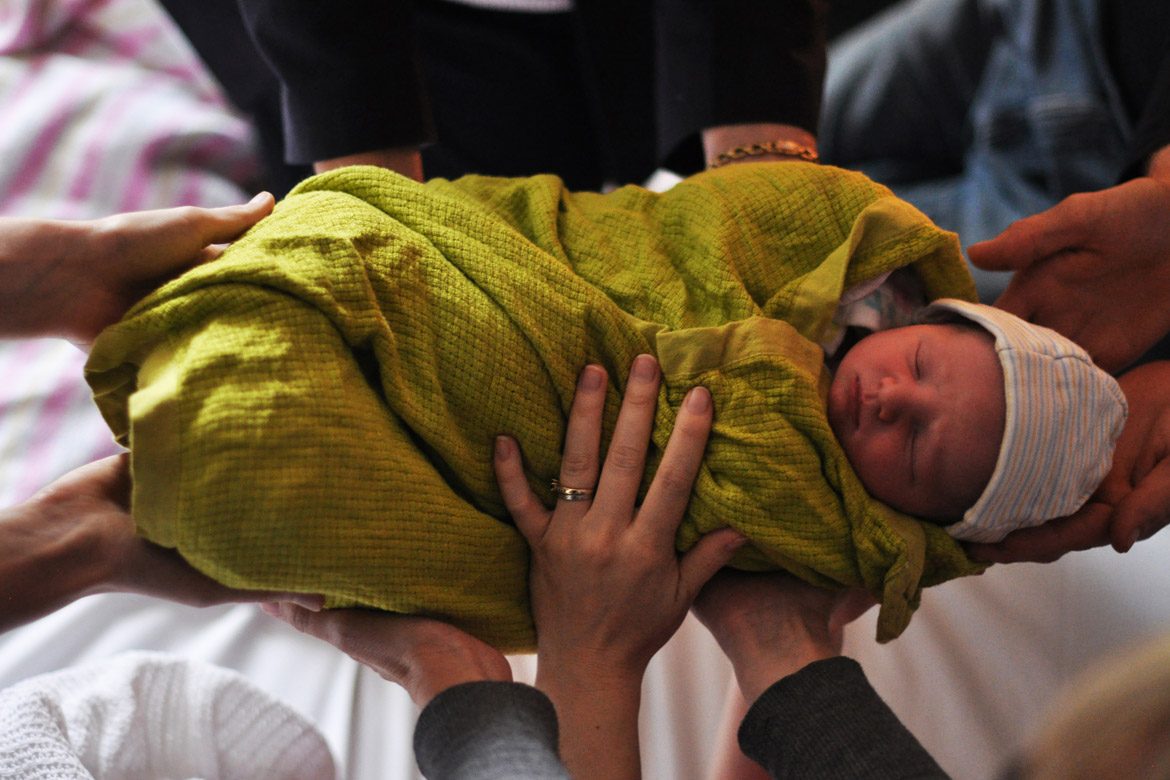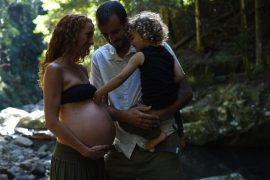By Emily Folk
We live an increasingly global world, and there’s a growing need for global citizens who take an active role in making the world a better place. That’s why it’s so important for today’s parents to raise their kids to become global citizens.
As the major nonprofit group Oxfam defines it, a global citizen is “someone who is aware of and understands the wider world – and their place in it. They take an active role in their community, and work with others to make our planet more equal, fair and sustainable.”
Raising your kids to be a global citizen also has benefits for them. It’ll help them be more well-rounded, well-educated and empathetic.
How can you help your children grow up with this mindset? Here are five essential tips.
1. Teach by Example
Children learn by example, especially it when it comes to values. You’re always teaching your kids something, whether you know it or not. They watch you closely and emulate the things you do and the principles you live out.
We all slip up sometimes, but do your best to live out your ideals consistently to help your kids get the message. Also, do activities with them that will give them a chance to see global citizenship in action. Try volunteering with a local charity organization as a family.
2. Focus on Empathy
Empathy is a fundamental aspect of global citizenship. Understanding others’ perspectives and feelings makes us want to help others and allows us to better understand how to help them.
A great place to start with teaching empathy is to help kids understand their own feelings. When your child expresses an emotion, ask them how they’re feeling and why they feel that way.
You can then extend this exercise to other people. When your child sees someone, either in real life or in a book or movie, experiencing something, ask them how they think that person might feel. This will get them thinking about others’ perspectives and emotions.
3. Find Teachable Moments
Teachable moments happen all the time. Take advantage of them. The news and media present lots of opportunities for learning. Your children might have questions about a world event they heard about or saw on TV. Do your best to explain these things to your kid in an honest way, while, of course, taking into account their age and maturity level. Events like World Humanitarian Day and Earth Day are other excellent opportunities to bring up topics related to global citizenship.
Everyday events also offer learning opportunities. Your child will have questions about things they see people do or hear people say. They may wonder about people who are different than them. Use these moments to teach your children about global citizenship and respect for others.











